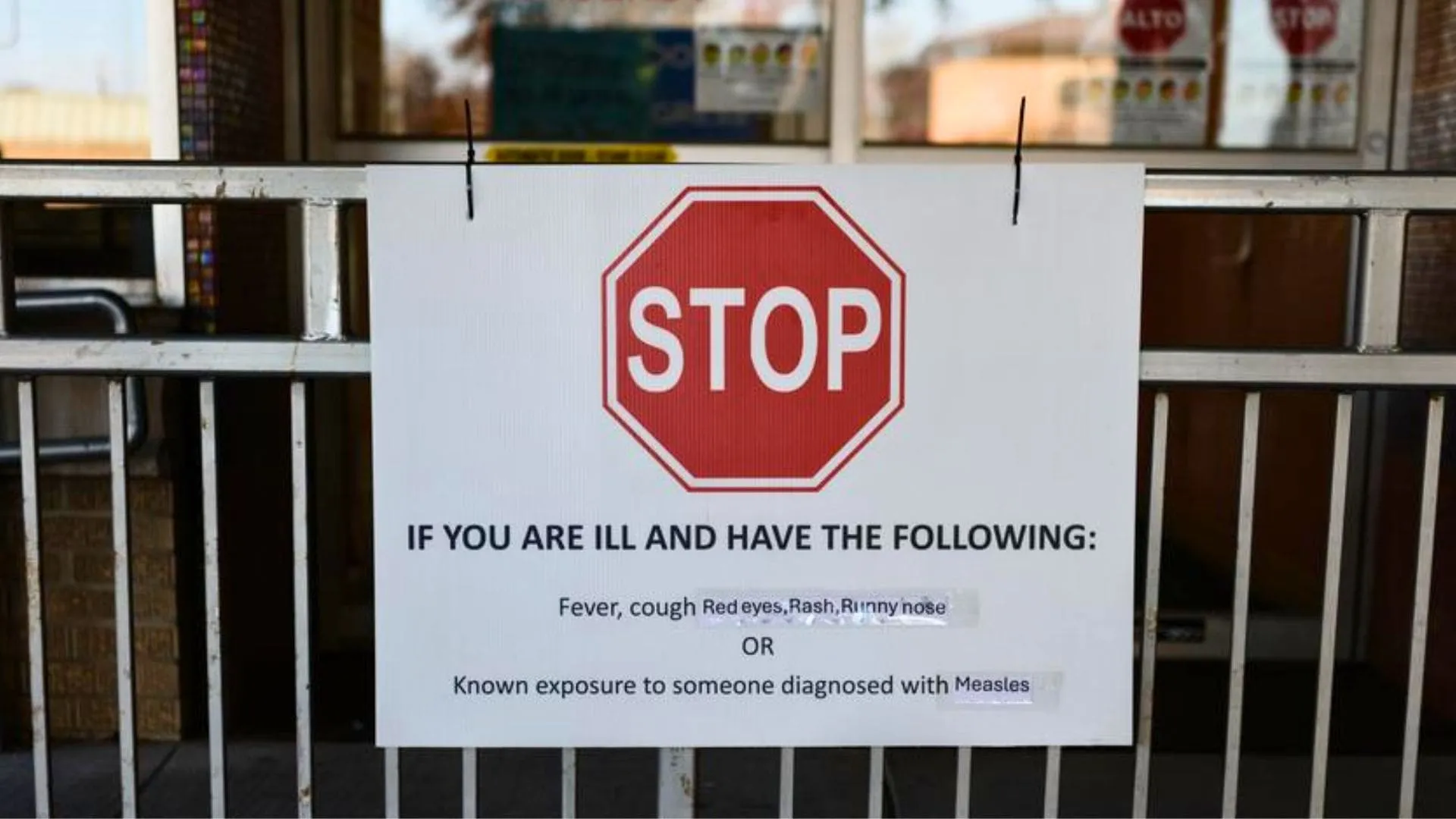In today’s world, mental health is becoming an increasingly important focus of research, particularly when it comes to understanding how emotional well-being directly influences physical health. A new study has raised alarm about a seemingly indirect, but significant relationship between social anxiety, loneliness, and heart health. The findings highlight how feelings of isolation may not just impact the psyche, but can also affect the cardiovascular system, especially in individuals struggling with social anxiety.
Social Anxiety and Loneliness: A Growing Public Health Concern
Social anxiety is a mental health condition that causes individuals to feel intense fear or discomfort in social situations. This condition can severely affect a person’s ability to interact socially, leading to feelings of inadequacy and fear of judgment. In many cases, individuals with social anxiety tend to isolate themselves from others to avoid the stress of social interactions. The research suggests that this tendency to withdraw can worsen loneliness, creating a vicious cycle where social anxiety fuels feelings of isolation, and isolation exacerbates the anxiety.
According to a study published in the International Journal of Psychophysiology, loneliness appears to play a pivotal role in how socially anxious individuals react to stress. While social anxiety has long been linked to various health issues, including high blood pressure and other cardiovascular problems, the influence of loneliness has not been as extensively explored. This study sheds light on how the combination of social anxiety and loneliness may impact the body’s stress response in ways that could have long-term health implications.
Understanding the Cardiovascular Impact of Loneliness
Research indicates that loneliness can significantly alter how individuals with social anxiety respond to stress. In a study conducted by Adam O’Riordan and colleagues at the University of Texas at San Antonio, it was found that socially anxious individuals who also experienced feelings of loneliness had a notably different cardiovascular reaction to stress compared to others. The study focused on the way blood pressure and heart rate fluctuated during stressful situations, particularly examining the physiological changes that occurred when participants faced social challenges or stressful tasks.
Participants who felt lonelier showed a smaller increase in both systolic and diastolic blood pressure during stress, suggesting a weakened cardiovascular response to stress. This finding contradicts the typical understanding that stress leads to a sharp increase in blood pressure. In other words, while most individuals experience a rise in blood pressure in response to stress, those who are socially anxious and lonely showed a diminished physiological response.
Interestingly, the study’s authors emphasized that a reduced blood pressure response to stress, while seemingly harmless, may have its own risks. A “blunted” or weaker cardiovascular reaction could indicate disengagement or an inability to properly handle stress, which could potentially lead to long-term health problems such as hypertension or heart disease.
Loneliness: A Bridge Between Social Anxiety and Heart Health
The study also explored the relationship between loneliness and cardiovascular reactivity, suggesting that loneliness may act as a bridge between social anxiety and heart health. In simple terms, loneliness exacerbates the effects of social anxiety by weakening the cardiovascular response to stress, making it a critical factor in understanding why individuals with social anxiety may face greater heart health risks in the future.
While socially anxious individuals typically experience higher levels of stress, loneliness seems to reduce the body’s ability to respond effectively to this stress. This diminished stress reaction can have serious consequences over time, as a weakened stress response could impair the body’s ability to protect itself against long-term cardiovascular issues.
The Complex Link Between Social Anxiety, Loneliness, and Health Risks
The research findings underscore the importance of considering psychological factors such as loneliness when assessing the cardiovascular risks associated with social anxiety. While heightened stress responses are often viewed as a risk factor for heart disease, a lack of response or an impaired reaction could also be detrimental. Researchers believe that the inability to properly cope with stress could signal deeper issues related to emotional regulation and overall cardiovascular health.
Moreover, the study suggests that socially anxious individuals often avoid social situations due to persistent negative self-beliefs and fears of being judged or rejected. This avoidance behavior contributes to greater social isolation and loneliness, which, as the study suggests, significantly alters both physiological and psychological stress responses. The cumulative impact of this isolation and the subsequent weaker cardiovascular response could contribute to long-term heart problems, increasing the risk of hypertension and other heart-related conditions.
Beyond the Research: Broader Implications for Public Health
The implications of these findings are profound, particularly in terms of public health and the need for integrated approaches to mental and physical health. Addressing loneliness and social anxiety may be key to reducing the risk of cardiovascular disease, particularly among populations that are most vulnerable to these conditions. Public health strategies focusing on mental health support and creating more inclusive, supportive social environments could help alleviate the detrimental effects of loneliness and social anxiety on heart health.
Furthermore, while the study does not establish a direct cause-and-effect relationship, it strongly suggests that loneliness plays a key role in amplifying the impact of social anxiety on cardiovascular health. The researchers also note that lifestyle factors, such as physical activity, diet, and emotional well-being, can influence the cardiovascular response to stress, meaning that a multifaceted approach is necessary to mitigate the health risks.
Challenges and Limitations of the Study
The study, while informative, does come with limitations. As an observational study, it cannot definitively prove that loneliness causes a weakened cardiovascular response in socially anxious individuals. The connection may be more complex, with various lifestyle factors, emotional health, and even genetic predispositions influencing the outcomes. Additionally, the study involved participants with varying levels of social anxiety rather than individuals diagnosed with an anxiety disorder, meaning the effects could be more pronounced in clinical populations.
It is also unclear whether the effects observed in the study would persist over time. The study’s authors suggest that it is needed to explore the long-term impact of loneliness and social anxiety on cardiovascular health, particularly in those with more severe forms of anxiety disorders.
Moving Forward: What Can Be Done?
The findings from this study underscore the importance of addressing both the psychological and physical aspects of health. For individuals who struggle with social anxiety and loneliness, seeking support through therapy, social interventions, and mindfulness practices may help alleviate some of the negative effects on heart health. Additionally, fostering more supportive and inclusive communities that reduce feelings of isolation could improve mental health outcomes and, in turn, lower the long-term risks to cardiovascular health.
Finally, it is crucial for healthcare providers and mental health professionals to adopt a more holistic approach, integrating both psychological and physical health interventions to better address the needs of those suffering from social anxiety and loneliness.
In conclusion, the link between social anxiety, loneliness, and cardiovascular health is complex, but the new research emphasizes how feelings of isolation can significantly alter the way socially anxious individuals respond to stress. While a diminished stress response might not seem harmful at first, it could contribute to long-term health problems, especially heart disease. By better understanding the role of loneliness in shaping cardiovascular reactivity, we can take steps to create healthier, more connected communities that prioritize both mental and physical well-being. This holistic approach may be the key to preventing long-term health issues and improving quality of life for those struggling with social anxiety and loneliness.
Note: This article is for informational purposes only and is not a substitute for professional medical advice. Always consult with a healthcare provider regarding any health concerns.























